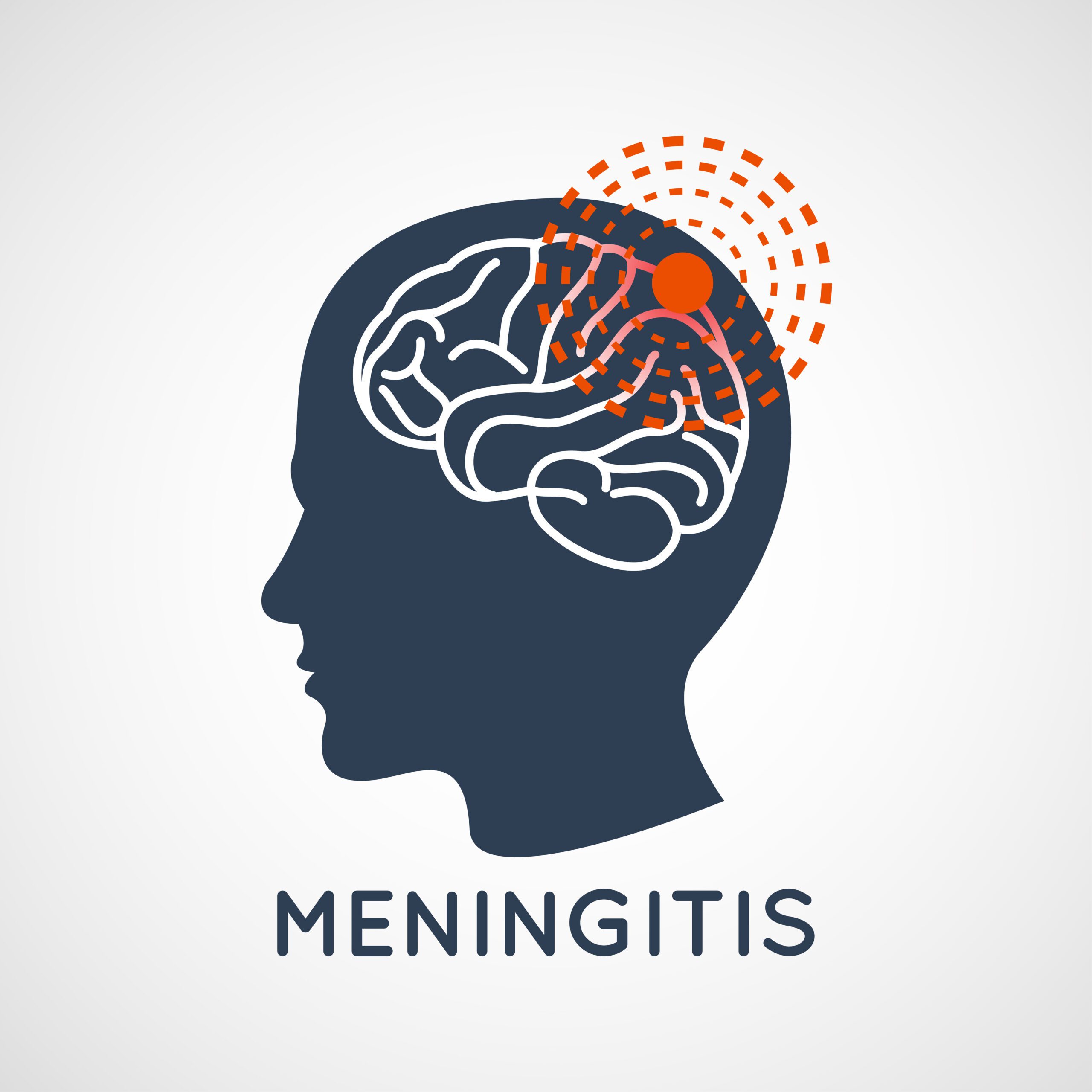
Do you know much about meningitis? Perhaps you’ve seen or heard about recent the outbreaks of meningitis – they usually makes the national news, especially in fatal cases. Meningitis is not anything to mess around with and a great deal of caution usually surrounds any instances of the illness. Let’s take a closer look at this potentially life-threatening illness.
What is Meningitis?
Meningitis is an inflammation of the membranes that cover the brain and spinal cord. It is a condition that is common among kids, teenagers and young adults. Meningitis is usually caused by a virus or bacteria, but the use of certain medications or an illness may also be to blame. The viruses and bacteria that lead to meningitis are often associated with other common illnesses, but meningitis develops when an infection spreads to the bloodstream and gets into the cerebrospinal fluid that surrounds and runs through the spinal cord.
Viral vs. Bacterial
Viral meningitis is more common than bacterial meningitis, but it is less serious. Because the symptoms are similar to those associated with the flu, meningitis is often misdiagnosed. But when the condition is properly identified, it can be successfully treated.
Many different types of bacteria can cause bacterial meningitis. In newborns, the most common causes are Group B streptococcus, Escherichia coli, and Listeria monocytogenes. In older kids, Streptococcus pneumoniae and Neisseria meningitidis are more often the causes. Similarly, many different viruses can lead to viral meningitis, including enteroviruses (such as poliovirus and hepatitis A) and the herpes virus.
What are the symptoms?
The symptoms of meningitis can vary depending on age and the exact cause of the infection. The first symptoms typically include headaches, fever, lethargy, skin rashes, stiffness, seizures and rashes. Some or all of these symptoms may or may not be present. Babies with meningitis can also have high-pitched cries, jaundice and poor feeding habits.
Treatment Options
Viral meningitis tends to resolve on its own within a 7 to 10 day period, while bacterial meningitis may not. If you have a child and suspect that they have some kind of meningitis, see your doctor to rule out the bacterial variety.
Pain medications and increased fluids are typically suggested to treat meningitis. Plenty of rest will also help. Herbal supplements, such as Echinacea, garlic, sage and ginseng may relieve symptoms as well.
Don’t Mess with Meningitis
If you’ve got kids or grandkids, meningitis is something you should definitely be aware of. With the above information you can now be on the look-out for a potential case of meningitis in your loved ones.

A new study suggests that a widely used sugar substitute found in diet sodas, chewing gum, and low-sugar yogurt may elevate insulin levels. This could increase the long-term risk of heart disease. “Artificial sweeteners have infiltrated nearly all types of food, making it crucial to understand their long-term health effects,” said Yihai Cao, senior author […]

Diet Coke has long been a fan-favorite among soda lovers who want a fizzy, guilt-free alternative to traditional soft drinks. While its zero-calorie, zero-sugar label makes it seem like a healthier option, the reality is far more concerning. Despite its undeniable popularity, Diet Coke’s nutritional profile has raised red flags among health experts for years. […]

New study shows that embracing an anti-inflammatory, plant-forward diet can support cognitive function and help reduce the risk of dementia. What You Eat Shapes Your Brain The food you eat doesn’t just impact your body—it also affects your brain. Research suggests that eating an anti-inflammatory, plant-based diet can help improve memory, focus, and overall brain […]